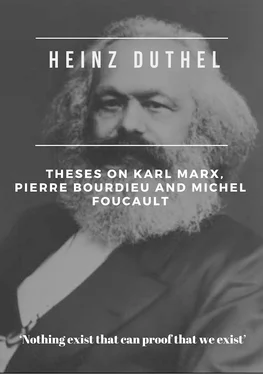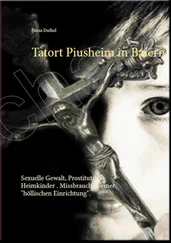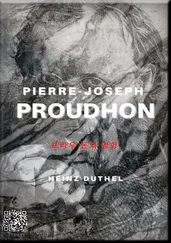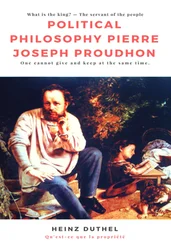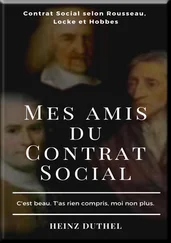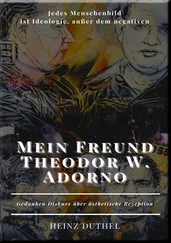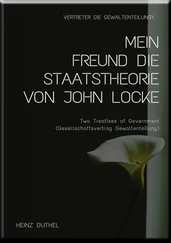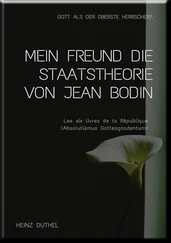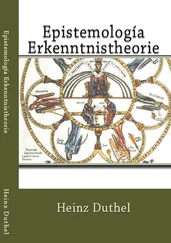[Cicourel, 1993 #49, p 111]
Hence, the significance of the habitus is that it “constitutes the means whereby individuals are adapted to the needs of specific social structures” [Callinicos, 1999 #722, p 293].
3.2.3 The habitus as habit and disposition
Pierre Bourdieu himself often fails to offer a clear definition of the habitus - because he claims it is indefinable and inaccessible outside of human practice. In much the same way, it is difficult to define “education” without referring to specific practices in specific contexts. Generic definitions can prove constraining rather than helpful. In Distinction, Pierre Bourdieu describes the habitus as
both the generative principle of objectively classifiable judgements and the system of classifications of these practices. It is in the relationship between the two capacities which define the habitus, the capacity to produce classifiable practices and works, and the capacity to differentiate and appreciate these practices and products (taste), that the represented social world, i.e., the space of life-styles, is constituted.
[Bourdieu, 1979: 1984 #45, p 170]
To some extent, this is a helpful development; our habitus is what we use to classify and judge and at the same time it is the collection and make up of those judgements and so is deeply implicated in our daily practices. One way forward is to consider the habitual nature of the actions that make up our practice. Where do these habits come from? Largely they derive from our up-bringing and social background and all that goes with it such as beliefs, perspectives, interpersonal relations etc.
The habitus acquired in the family is at the basis of the structuring of school experiences; the habitus transformed by the action of the school is in turn at the basis of all subsequent experiences.
[Bourdieu, 1992 #342, p 134]
Hence, the role of the school is critical in the development of wider social organisation. The habitus becomes transformed within the school, yet with its possibilities limited, it tends to therefore be reproductive rather than transformative. The habitus is not deterministic yet dependent on the social field - different practices may be produced by the same habitus in different fields. The habitus thus mediates rather than determines [Bourdieu, 1990 #38, p 116].
Between the child and the world, the whole group intervenes with a whole universe of ritual practices and also of discourses, sayings, proverbs, all structured in concordance with the principles of the corresponding habitus.
[Bourdieu, 1977 #36, p 167]
The habitus is thus a reflection of social structure, but also illustrates how we become constituted via generalised dispositions.
3.2.4 The habitus as a structuring device
This seems to offer some specificity to the notion of ideology, which I see as related to rather than contrasted with the habitus. Our habits are not mechanically produced, we have idiosyncrasies, our own inventions and creations picked up on the way, partly depending on what we ‘chose’ to focus on and what we ‘chose’ to ignore. Of course we may not actually consciously chose at all, rather, we may be (pre)-disposed, conditioned etc.
We can always say that individual make choices, as long as we do not forget that they do not chose the principals of these choices.
[Wacquant, 1989 #42, p 45]
The habitus and its relation to practice seem to be based not upon causality, (and potentially, by implication, intentionality) but on relations. Ludwig Wittgenstein problematises the notion of causality:
The proposition that your action has such and such a cause, is a hypoStudy. The hypoStudy is well-formed if one had a number of experiences, which roughly speaking agree in showing that your action is the regular sequel of certain conditions which we then call causes of the action. In order to know the reason which you had for making a certain statement, for acting in a particular way, etc. no number of agreeing experiences is necessary, and the statement of your reason is not a hypoStudy. The difference between the grammar of ‘reason’ and ‘cause’ is quite similar to that between the grammars of ‘motive’ and ‘cause’. Of the cause one can say that one can’t know it but can only conjecture it. On the other hand one often says “surely I must know why I did it” talking of the motive. When I say ‘we can only conjecture the cause, but we know the motive this statement will be seen later on to be a grammatical one. The ‘can’ refers to a logical possibility.
[Wittgenstein, 1958 #337, p 15]
This seems a reasonable position to take, and one that is consistent with a Bourdieuian position.
It is because subjects do not, strictly speaking, know what they are doing that what they do has more meaning than they know.
[Bourdieu, 1977 #36]
It does seem reasonable to argue that the dispositions we come to assume are quite intimately connected to the frameworks that guide and organise our thinking, as Seth Kreisberg suggests.
Ideology and hegemony work directly on the body as well that is on the level of our everyday unconscious experience. On fundamental levels, who we are, what we want, what we need, and thus what kinds of social relationships we seek out and create are shaped by the patterns and daily routines of our everyday lives. In part this occurs through the process by which ideology seeps deep within our personalities into the depth of our unconscious, shaping our personalities, needs and desires. I want to argue though that the process by which social practices become sedimented and reproduce themselves, while connected to ideological processes of reproduction are also distinct from these processes. People tend to relate to others in the same way others relate to them. We tend to act in ways we see and experience others’ actions. Experience solidifies into habit, in fact hegemony is most encompassing when a dominant hegemony reflects and is expressed in everyday experience and in a range of social practices and structures in a society. In this society relationships of domination are maintained by just such a correspondence of consciousness and experience, which while never total and static is still powerful and broadly encompassing.
[Kreisberg, 1992 #325, p 16]
Seth Kreisberg raises an important issue here and touches upon the relationships between personality, habitus and ideology. The relationship between personality, habitus and ideology is not greatly theorised in teacher education and part of my aim is to construct some mapping between them. This is a central issue, because an understanding of how our dispositions are shaped and organised by social structure and conversely how our dispositions mirror those structures is crucial in exploring the agency/structure relationship. Furthermore, it is crucial in understanding how and upon what teachers’ conceptions are constructed and how they are related to social structures. Hence, there is an imperative to explore the suture point between habitus and ideology (which I discuss in the next section).
3.2.5 The habitus as symbolic violence
One of the key elements of Pierre Bourdieu’s approach to understanding the role schools play in social reproduction is symbolic violence [Bourdieu, 1977 #36], a forceful phrase for quite a subtle idea (which I discussed in Section 2.2.4). Symbolic violence occurs where the arbitrary cultural norms of the dominant groups are presented not as arbitrary, but as the legitimate and natural norms of behaviour. Important concepts for Pierre Bourdieu here are recognition and misrecognition. Symbolic violence is not simply covert oppression, but involves resignation, a recognition of boundaries, but a misrecognition of these boundaries as natural rather then oppressive. Power relations are obscured, and this creates a ‘false consciousness’ or “méconnaissance” [Bourdieu, 1979: 1984 #45, p 387]. Translating this as ‘misrecognition’ loses the subtlety of Pierre Bourdieu’s original concept. Participants do not conceal or disguise a practice, but render it invisible through reconstruing as something else that “goes without saying” [Harker, 1990 #668, p 19]. An example of this would be the description of certain pupils using forms of language and phrases such as ‘less able’, ‘having special needs’ and so on. Use of such categorisations in turn impinge on the formulation of the habitus of the pupils, they become constructed or constituted by such structures and thereby their individual trajectories are specified through both objective structures in the system and the interaction with the habitus of others. Pierre Bourdieu considers this a symbolic form of violence that places constraints on the curriculum further delimiting equality of opportunity. Yet the discourses give the construal (that is the reconstrual) of wanting to do the best for the pupils, that restricting the curriculum is not only appropriate, but is in the best interests of the pupils. A pupil’s habitus becomes constrained or bounded by linguistic symbolic violence into considering and positioning themselves as less able and placing them structurally in relation to others. This might then impinge upon their own view of self, society and ideological belief about power, social structure, nature of mathematics, ones positioning as mathematics learner etc.
Читать дальше
